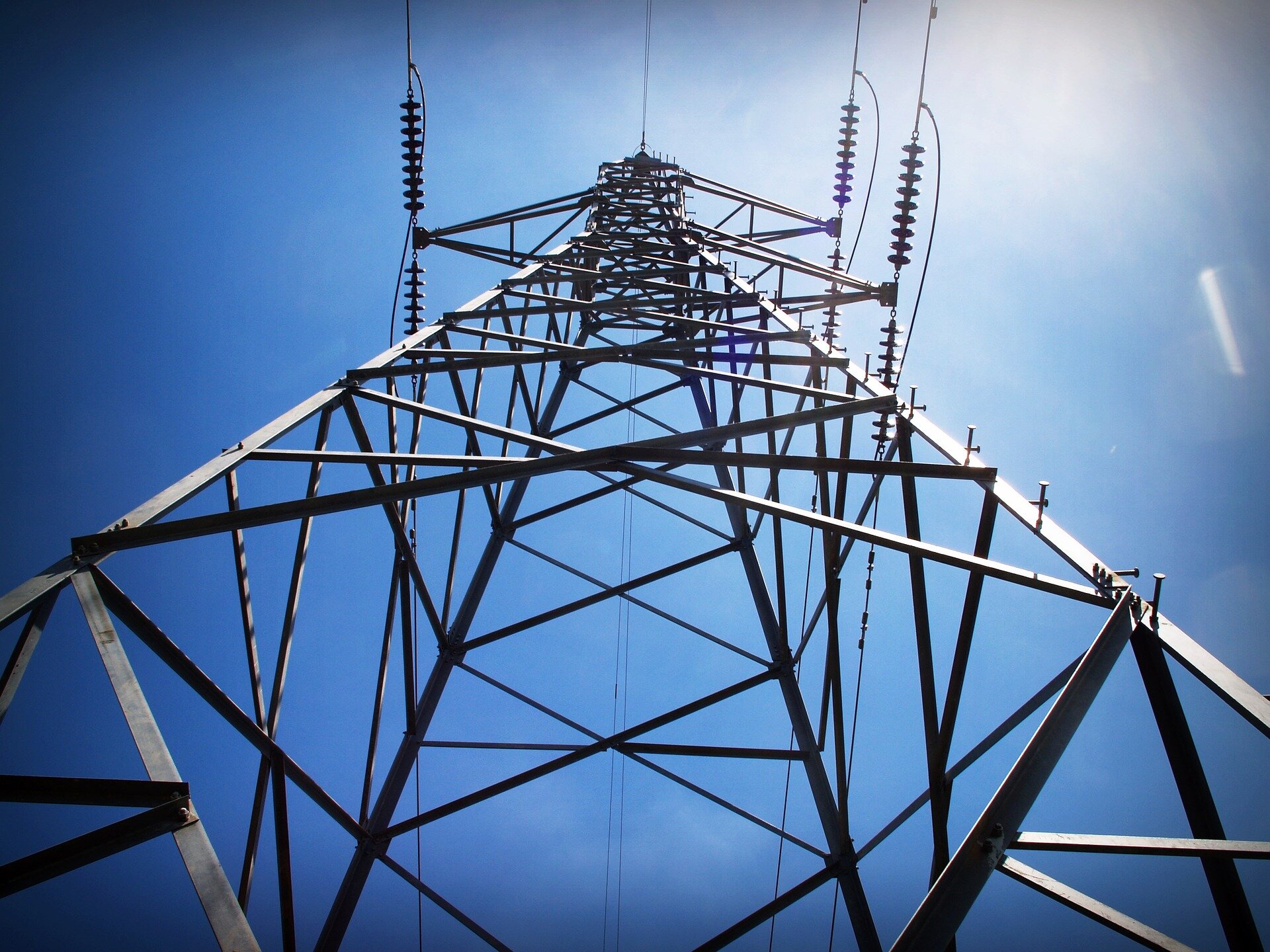Electricity is one of the most important determining factors of the economic prosperity of any nation. It plays a significant role in daily activities, from cooking to lighting, heating, and powering machinery in the industrial sector.
In Ghana, the primary known source of electricity is the hydro-electrical dams in Akosombo and Kpong. For the past decade, the state’s energy sector has faced discrepancies due to the increasing population and businesses. This development has resulted in intermittent power outages popularly called ‘Dumsor’, which impact businesses and households by limiting electricity utilisation and benefits derived from electricity. Unlike a previous experience of dumsor, the current one has an eerily incognito aura surrounding it.
Impact on Households
Electricity in the home is known to power appliances like refrigerators, lighting systems, heating and cooling gadgets, and other electronic devices. During an interview with a community prone to dumsor, residents lamented the increased rate of criminal activities due to the frequent blackouts. Some also complained about their children’s inability to learn and do their homework whenever they have an outage. How long should Ghanaians suffer this? Why should we have to go through this in the first place? From maintenance excuses to shifting blames to new communities to timetables, stakeholders tend to do more PR than actually fixing problems.
Impact on Businesses
Today, most businesses and industries rely on electricity for most aspects of their day-to-day activities. Power helps to perform business services to produce goods for consumption by the general public. Power outages make firms lose revenue, damage their equipment and inventory, increase the cost of production, and reduce employee productivity. Sometimes some businesses lose high and valuable data when there is a sudden outage. A data analyst stated that sometimes their firm loses hours – or even days – worth of valuable data. This affects productivity, and even though this may be the case for just one organisation, other businesses may have similar experiences of intermittent power outages.
Little drops of water surely make a mighty ocean, so say there are about 20 businesses in every community in Accra and other places losing value and profit due to power outages; that equals a very significant number of businesses. As a result, an impact on their profits will surely reflect in their tax payments and consequently, the national revenue. What then are we doing about this as a nation?


We service and repair Viking refrigerators, dryers, washers, ovens, stoves, icemakers, wine coolers, wine cellars and dishwashers.
We can help you with your advertising. For help with that, contact this number, 0201491657 via phone call or WhatsApp.